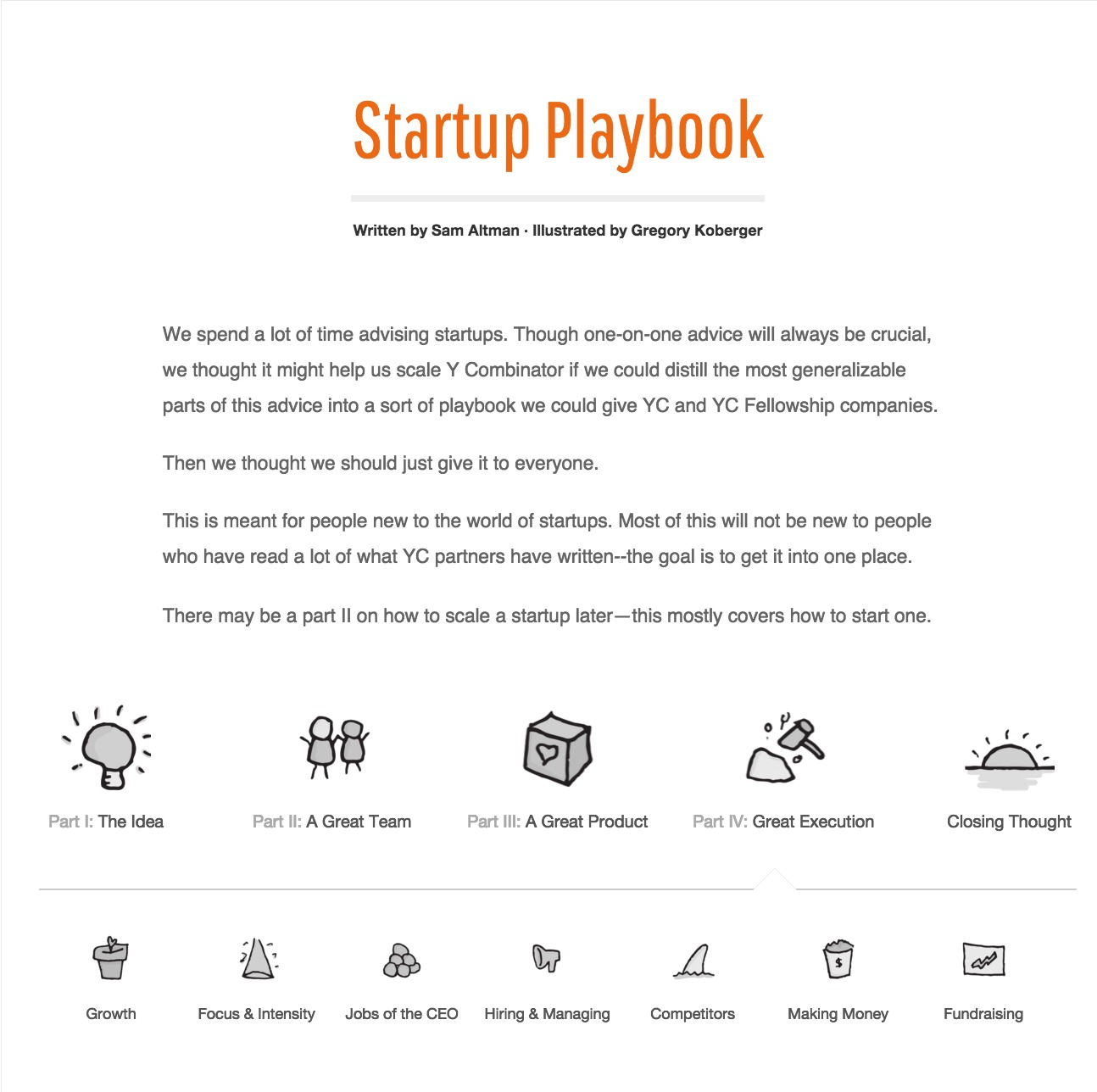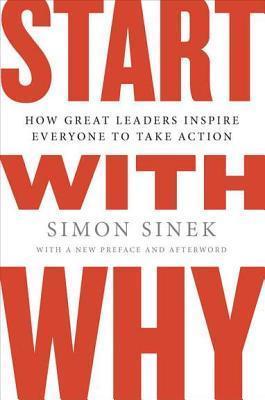
Key Insights & Memorable Quotes
Below are the most popular and impactful highlights and quotes from Startup Playbook:
“A successful startup takes a very long time—certainly much longer than most founders think at the outset. You cannot treat it as an all-nighter. You have to eat well, sleep well, and exercise. You have to spend time with your family and friends. You also need to work in an area you’re actually passionate about—nothing else will sustain you for ten years.”
“In the words of Henry Ford: "The competitor to be feared is one who never bothers about you at all, but goes on making his own business better all the time.”
“there are at least a thousand times more people that have good ideas than people who are willing to do the kind of work it takes to turn a great idea into a great company.”
“We have noticed the most successful founders are the sort of people who are low-stress to work with because you feel “he or she will get it done, no matter what it is.” Sometimes you can succeed through sheer force of will.”
“It’s important that you distort reality for others but not yourself. You have to convince other people that your company is primed to be the most important startup of the decade, but you yourself should be paranoid about everything that could go wrong.”
“Founders that are hard to talk to are almost always bad.”
“What I’ve found works best for me personally is a pen-and-paper list for each day with ~3 major tasks and ~30 minor ones, and an annual to-do list of overall goals.)”
“So it’s better not to try too actively to force yourself to come up with startup ideas. Instead, learn about a lot of different things. Practice noticing problems, things that seem inefficient, and major technological shifts. Work on projects you find interesting. Go out of your way to hang around smart, interesting people. At some point, ideas will emerge.”
“So all you need is a great idea, a great team, a great product, and great execution. So easy! ;)”
“One mistake that CEOs often make is to innovate in well-trodden areas of business instead of innovating in new products and solutions. For example, many founders think that they should spend their time discovering new ways to do HR, marketing, sales, financing, PR, etc. This is nearly always bad. Do what works in the well-established areas, and focus your creative energies on the product or service you’re building.”
“What makes a great founder? The most important characteristics are ones like unstoppability, determination, formidability, and resourcefulness. Intelligence and passion also rank very highly. These are all much more important than experience and certainly “expertise with language X and framework Y”.”
“Being a CEO is lonely. It’s important to have relationships with other CEOs you can call when everything is melting down (one of the important accidental discoveries of YC was a way for founders to have peers.)”
“To have a successful startup, you need: a great idea (including a great market), a great team, a great product, and great execution.”
“By the way, “product” includes all interactions a user has with the company.”
“No matter how successful you are, the haters will never go away.”
“What makes a great founder? The most important characteristics are ones like unstoppability, determination, formidability, and resourcefulness. Intelligence and passion also rank very highly.”
“Your goal as a startup is to make something users love. If you do that, then you have to figure out how to get a lot more users.”
“It’s much better to first make a product a small number of users love than a product that a large number of users like.”
“If there are ten other companies starting at the same time with the same plan, and it sounds a whole lot like something that already exists, we are skeptical.”
“A CEO has to 1) set the vision and strategy for the company, 2) evangelize the company to everyone, 3) hire and manage the team, especially in areas where you yourself have gaps 4) raise money and make sure the company does not run out of money, and 5) set the execution quality bar.”
“One of the first things we ask YC companies is what they’re building and why.”


